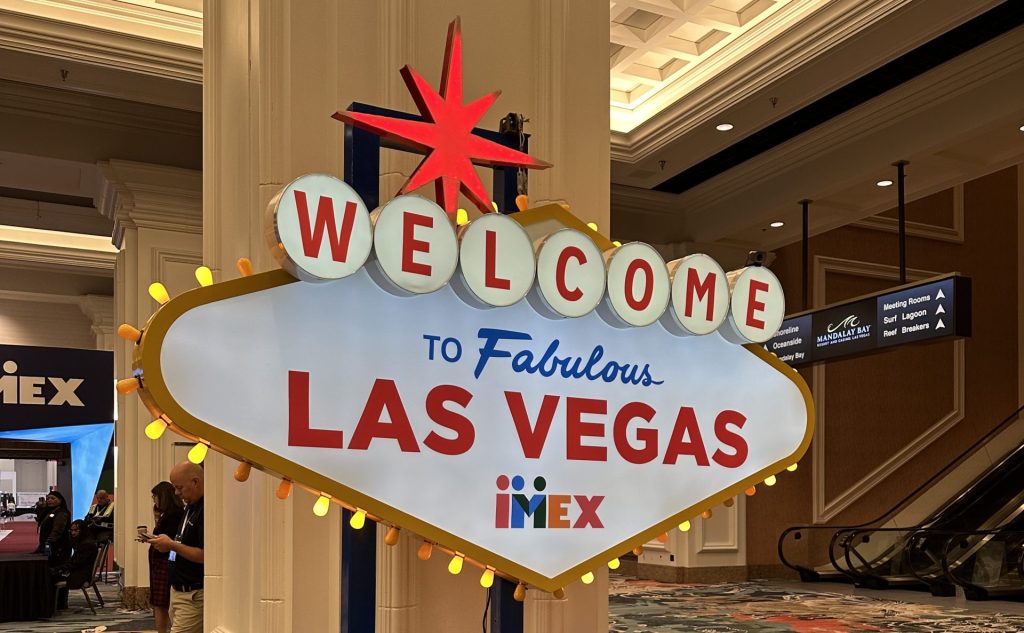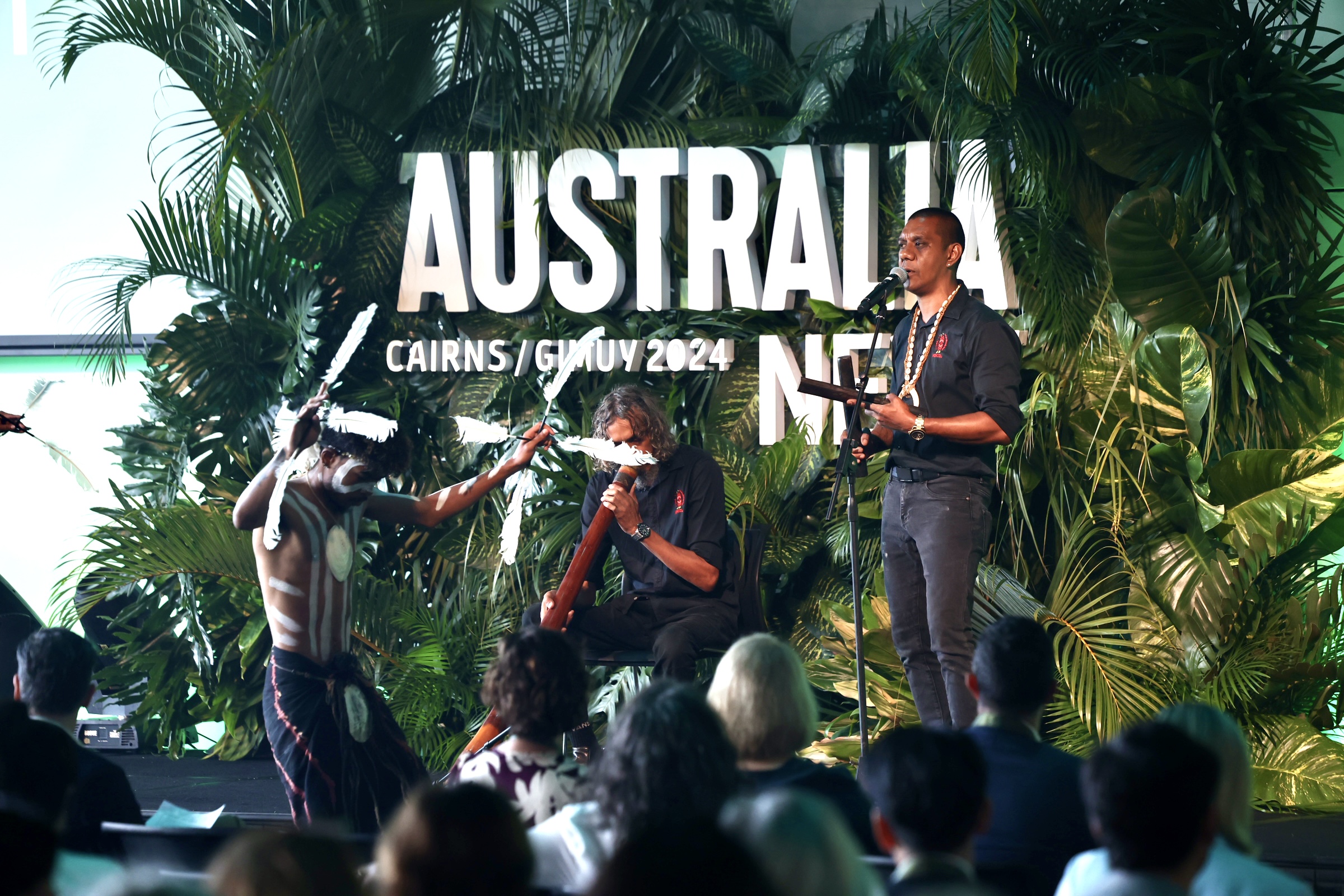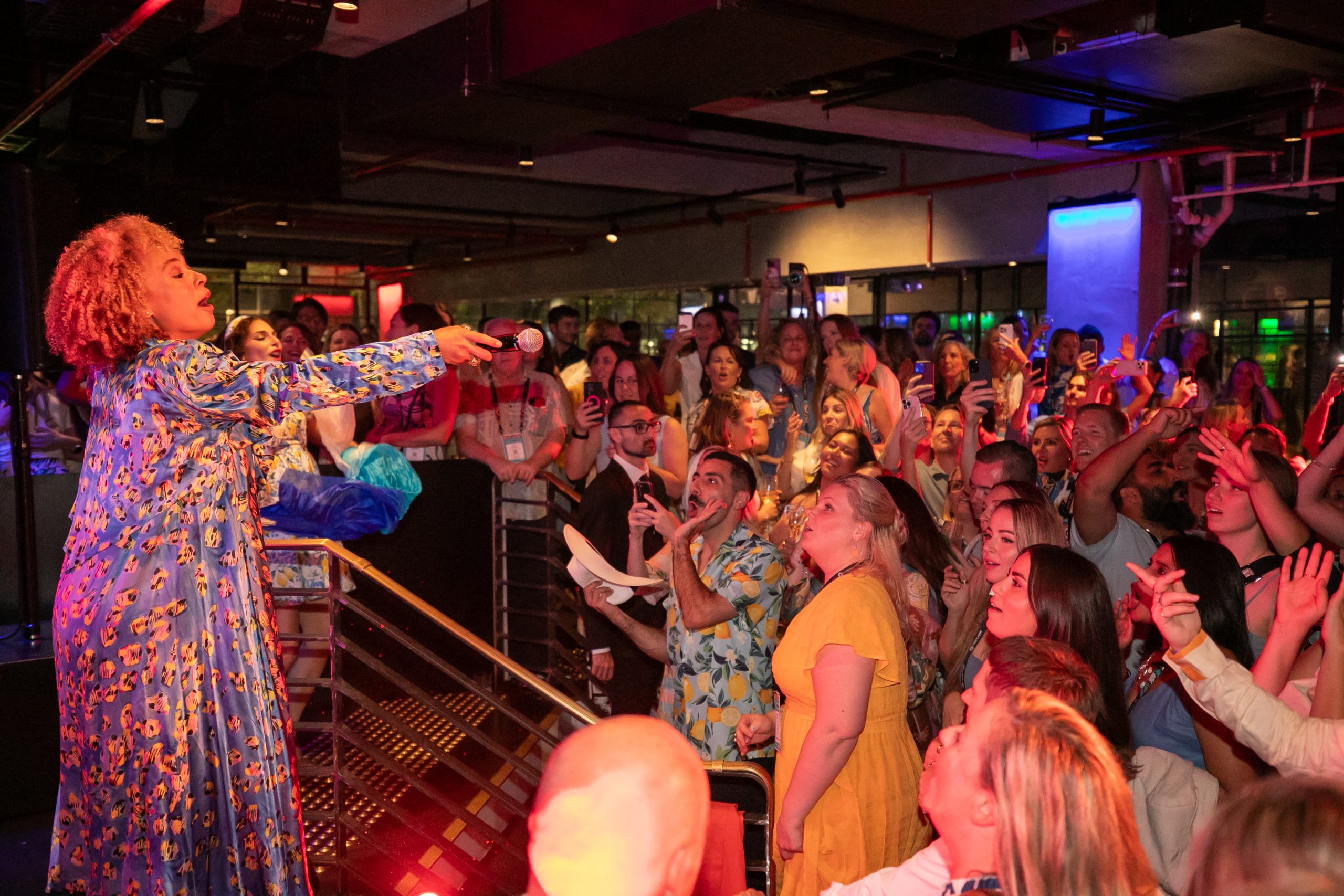
South Korea’s appeal to international planners has possibly never been higher, as starring roles in Hollywood blockbusters such as Cloud Atlas and the hugely successful Korean Wave of TV dramas and K-Pop music have all helped mobilise international interest in the country. The tireless promotion by the Korean Tourism Organization (KTO), however, is ensuring that destinations past the capital city are also experiencing increasing attention.
Clients looking to break out of Seoul’s cosmopolitan temptations can consider Incheon, Daegu and Busan, all of which are attempting to capture a slice of the burgeoning business events pie. For delegates, these destinations offer a wealth of cultural, historical and traditional experiences, plus a solid infrastructure on which to build business relationships.
INCHEON

Home to the award-winning Incheon International Airport, the city of Incheon lies southwest of Seoul. Songdo International Business District (IBD) – a rapidly expanding eco-friendly business hub – has added spectacular cache to the city.
A decade ago, this US$35 billion reclamation project by US developer Stan Gale was still in blueprint form. Now, the 6 sq km IBD is combined with greater Songdo, including the Cheongna district and Yeongjong Island, to comprise the Incheon Free Economic Zone.
While Songdo won’t be fully complete for a few more years, city leaders are working hard to lay the groundwork to attract future global conferences. Last year Songdo won the bid to host the UN’s Green Climate Fund (GCF) headquarters, a project that will see the district become home to some 500 UN employees and their families, resulting in a significant economic boom and a flurry of ecology-related events.
Songdo’s centrepiece venue is the 54,000 sqm Songdo Convensia, which has a design inspired by the Taebaek Mountains, the largest range on the South Korean peninsula. Like the rest of South Korea, Songdo is on an energy saving mission and the five-year-old landmark has acquired LEED certification and is considered an eco-friendly building. The venue was also awarded the highest BF (barrier-free) certification rating, demonstrating its commitment to disabled access. A second phase of the complex will add a further 61,37 sqm to the space.
There is more to Incheon than modern structural developments, however. Even as far back as 475 AD, when the city was part of the Goguryeo Kingdom, it was a lively port, welcoming traders and finally settlers from China and Japan. In the well-preserved concession district, the boundary steps delineate the old border that once separated the Chinese and Japanese concessions.
Delegates keen to experience Incheon’s outdoors and bracing sea breezes have the option of dining on huge clams and succulent seafood in any of the eateries along Eulwangri and Wangsan beaches. On nearby Wolmido Island, the Wolmi Mountain Observatory provides 360-degree views of Incheon Port, Incheon International Airport and Songdo IBD accompanied by a cup of herbal tea.
BUSAN

This scenic coastal city of 3.5 million is located two hours and ten minutes south of Seoul by high-speed train, or a short flight from several Asian destinations. South Korea’s second-biggest metropolis adopts a “we’ve got it all” approach to entice meeting planners. It’s a tactic that’s paid off, as the Union of International Associations (UIA) placed Busan fourth in Asia in its yearly ranking and it was also voted one of the world’s 15 best convention cities.
Hugh Kim, director of MICE Busan says: “Busan is the quintessential melting pot of activity. Here, we have the sea, mountains and rivers. The rhythm of the ocean can be felt here day and night.”
Home to the fifth busiest port in the world, it is also the address of the Busan Exhibition and Convention Center (BEXCO), one of South Korea’s major events options. Last year, it launched a new exhibition wing and a 4,000-seat auditorium, which was finished just in time to host the 95th Lions Clubs International Convention. The five-day event was the largest ever hosted in Busan with more than 55,000 delegates flying in from over 120 countries.
Unique venues are abundant in Busan. This includes the Nurimaru APEC House, which hosted presidents and prime ministers from 21 Pacific Rim countries in 2005. Set along the coastline, the three-story structure features elegant meeting halls and more intimate breakout function areas. It is nestled among dense camellia and pine trees marked by scenic walking paths that lead to an old lighthouse. Planners looking for something more dynamic should consider the Busan Aquarium, which can arrange corporate dinners in the shark tunnel area.

With beautiful and accessible beaches, an incentive group schedule incorporating water sports such as surfing, jet skiing, sailing and scuba diving will not pose a problem in Busan. Nature lovers can birdwatch at one of the sanctuaries, such as Nakdonggang, on the Nakdong River, where white-tailed eagles and black-faced spoonbills may be spotted. Shopaholics in the delegation can browse Busan’s outdoor markets, such as Gukje for home appliances and clothing. In 2009, local department store Shinsegae was named in by the Guinness Book of World Records as the world’s largest, surpassing the previous title holder: Macy’s in New York.
If delegates are still raring to go after the company dinner, Busan’s nightlife range is wide and varied and found right across the city, from booming clubs that open ’til dawn to quiet bars which allow substantial snacking and still more business talk. The best part is flagging down a taxi, as even during peak hours, it’s relatively easy to find one. Thanks to excellent urban planning, it takes around 30 minutes to reach just about any point in the city when travelling by cab.
DAEGU

A major textile and electronics player and well connected hub, Daegu is no stranger to regional trade shows and business events. The city is keen to grow an international clientele and leading the charge are the professionals at EXCO and the Daegu Convention & Visitors Bureau. Working together, they have brought prestigious events such as the International Solar Cities Congress, APEC SME Business Forum, World Energy Congress and the IAAF Congress to Daegu.
Daegu itself boasts a storied past, which is beautifully showcased in the award-winning “Daegu Walking Tour for Downtown Heritage”. The experience can be taken as a whole 12 stop tour or shortened depending on a group’s schedule. Not to be missed in the line-up are the Dongsan Missionary Houses, three well preserved brick homes of the Chamness, Blair and Switzer families on Cheongna Hill and the Oriental Medicine Market Street, which was established back in 1658 during the Joseon Dynasty following a series of epidemics. Several programmes at the Museum of Oriental Medicine such as footbaths and traditional tea sessions permit visitors to sample vintage remedies and experience rituals.
INCHEON
GOLDEN SKY HOTEL & RESORT
Some 20 minutes away from Incheon International Airport and nestled between Eulwangri and Wangsan beaches, this 201-room property has a vantage location on a hill for vast ocean views. There are four banquet spaces, and the grand ballroom can accommodate up to 250 guests.
HYATT REGENCY
Long popular with Seoul residents as a quick getaway, Hyatt Regency Incheon has also found favour with corporates, meeting their needs for efficiently run off-site conferences and workshops. With demand for business event venues intensifying in the capital, the Korean Air-owned hotel is now adding another wing to include a grand ballroom to host more than 1,000 guests for cocktails and increasing its outdoor terrace space. The project should complete by July 2014 in time for the 16th Asian games in Incheon next September.
SHERATON INCHEON
One grand ballroom, divisible into two halls, and 16 breakout venues sum up the events hardware of the 321-room Starwood Group member. As a fully non-smoking hotel and LEED certified hotel in Korea, it has the right green credentials to satisfy earth-conscious clients. It boasts a CBD location in the fast-emerging shiny new hub of Songdo.
BUSAN
PARK HYATT BUSAN
Intimate meetings and events are the specialty of this hotel located in Haeundae Marine City looking out to the spectacular Gwangan Bridge. The second-floor ballroom caters to 260 people, while the Drawing Room on the 33rd floor is the scene of cosy receptions in a residential style setting.
WESTIN CHOSUN BUSAN
Near the ocean’s edge, the 209-room Westin Chosun Busan is a corporate getaway that blends efficient business services with relaxing leisure pursuits, along with the chain’s comfortable sleep
on its signature Heavenly Bed. There are two ballrooms, the grand ballroom in the lobby for up to 600 guests and the Orchid Ballroom on the second floor for up to 200 guests. Six small breakout rooms with
large windows that look out to Haeundae Beach are located on the second level.
DAEGU
Novotel Ambassador Daegu
This hotel is close to the KTX high-speed train station. It has 203 guestrooms and three ballrooms, named after French wine regions: Bordeaux (180 people theatre style), Burgundy (156 people theatre style) and Champagne (400 people theatre style). There are six other meeting spaces that offer flexible seating set ups and large windows to let in natural light.


